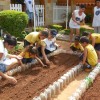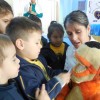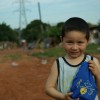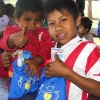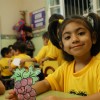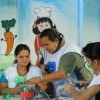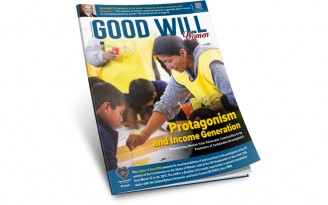
LBV of Paraguay celebrates 32 years helping people at social risk
Jéssica Botelho
Wednesday | June 03, 2015 | 2:44 PM | Last update: September 22, 2016, 4:07 PM (Brasilia time)
Paraguay was the first country after Brazil to adopt the Good Will ideal that, with local help, gave rise to the social and educational work of the Legion of Good Will (LBV). The Organization started its activities in the country on June 15, 1984, with the inauguration of the Hermano Paiva Nursery and Preschool. In addition to the capital city, Asuncion, the LBV also started developing its programs and projects for low-income families in the cities of San Antonio, Fernando de la Mora, Lambaré, Luque, Quiindy, and Ciudad del Este.
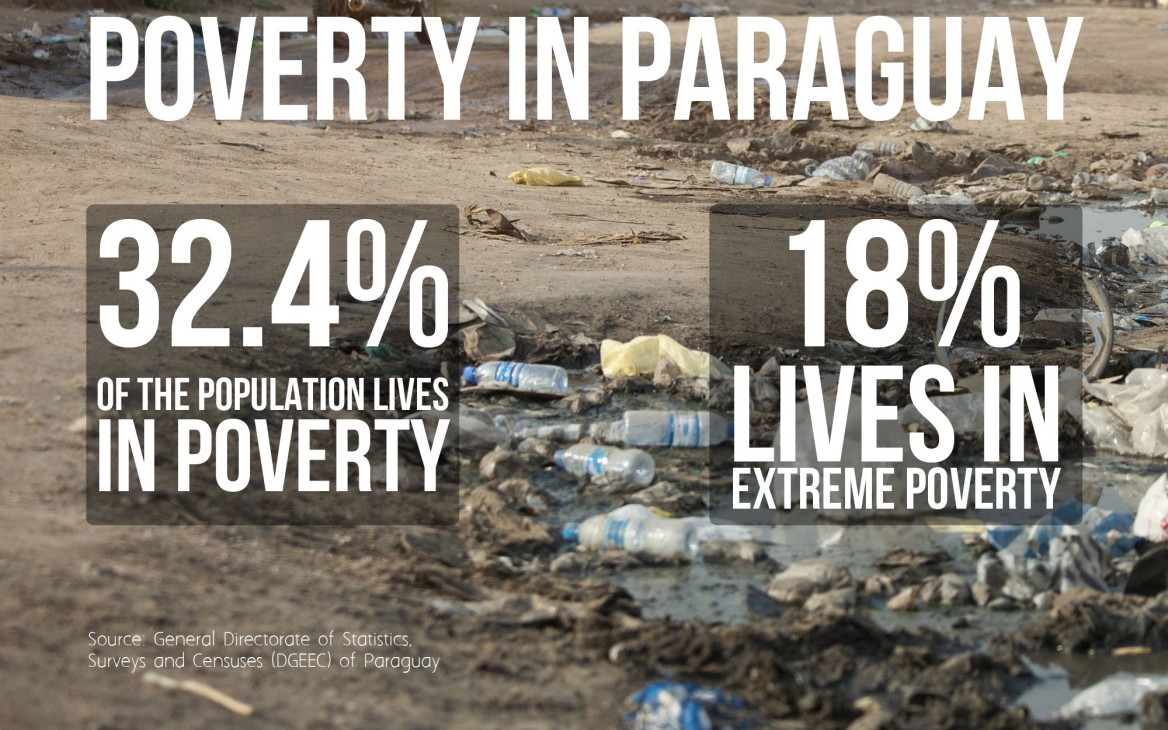
In these three decades, the Legion of Good Will was officially recognized and expanded its work to offer free full-time education. Called the José de Paiva Netto Nursery and Preschool, the LBV’s school accepts children between 2 and 5 years old and successfully applies its own teaching proposal that was created by educator Paiva Netto*1, and that guarantees the complete development of students, allied with the values of all-encompassing Ecumenical Spirituality*2.
Get to know the work of the LBV of Paraguay
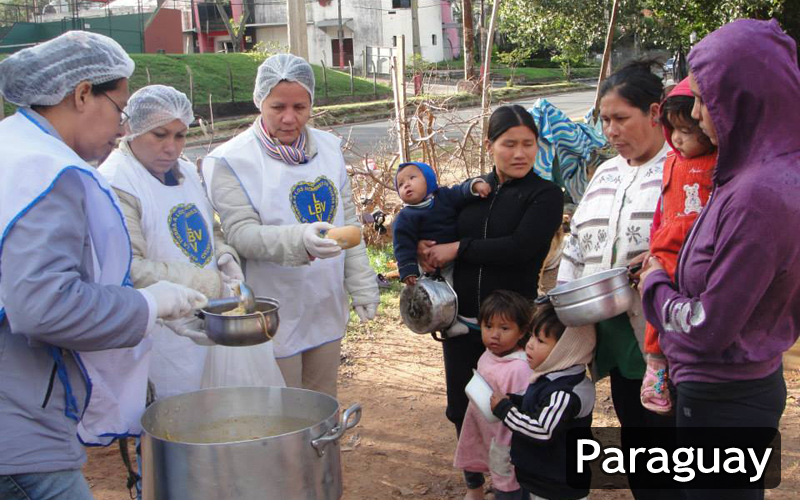
Nancy Graciela Martínez, the mother of two of the school’s students, talks about the education that is offered: “My son Elías Javier, who is now 10, studied in the LBV up until preschool. It was a great time, because he learned many good things, like respect and love. He fondly remembers his school and his teachers. My daughter Camila is 5 years old and for her the school is the most important thing that exists. She wakes up early to study. She’s very loving and affectionate, which is something she learned in the LBV’s school. I thank everybody who supports this Organization very much. Even if it’s a small contribution, it helps in the day-to-day and month-to-month running of the school, for buying food for the children and maintaining the school.”
The Organization also helps the students’ families by providing workshops on education, health, nutrition, family guidance, and professional training so they can closely monitor what is being done for their children and improve their social and economic conditions. To learn more about the work of the LBV of Paraguay, watch the video below (in Spanish):
Be part of this story and contribute, because there is a lot to be done! To find out how, access www.lbv.org.py, or call (+59521) 921-100/3. The LBV’s address in Paraguay is José Asunción Flores 3438 con Solar Guaraní — Bernardino Caballero, Asuncion. Like the official page of the LBV of Paraguay on Facebook!
____________________________________________________________________
*1 Educator Paiva Netto — An innovator and one who is constantly concerned that everyone has access to quality education, based on values of Solidary Citizenship, the president of the Legion of Good Will created a teaching method comprised of the Pedagogy of Affection and the Ecumenical Citizen Pedagogy. This proposal has been applied for decades in a pioneering way in all the LBV’s teaching units. One of its fundamental concepts is in the following words of its creator: “The affection that inspires our pedagogical model, taken in its highest sense, is, besides a lofty feeling of the Soul, a political strategy, equally understood in its most elevated nature, in consonance with Social Justice, as a survival strategy for individuals, peoples, and nations.”
*2 Ecumenical Spirituality — This banner of the Legion of Good Will is present in all its social and educational actions, because it is understood as “the cradle of the most generous values that are born of the Soul; the dwelling of the emotions and of the reasoning enlightened by intuition; the atmosphere that embraces everything that transcends the ordinary field of matter and comes from the elevated human sensitivity, such as Truth, Mercy, Morals, Ethics, Honesty, Generosity, and Brotherly Love.” Extract taken from the book É Urgente Reeducar! [It is Urgent to Re-educate!], which is the fundament of the LBV’s educational proposal, written by educator Paiva Netto, a best-selling author in Brazil and abroad.

